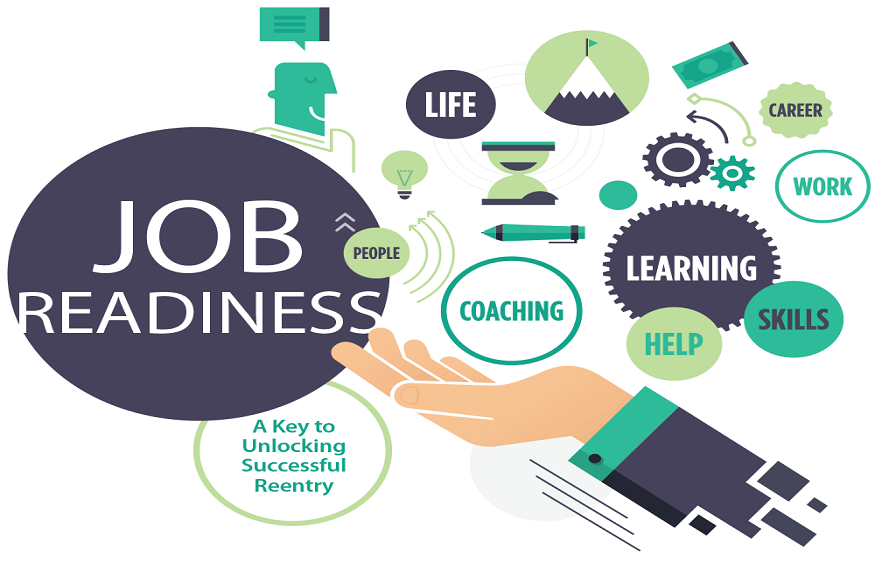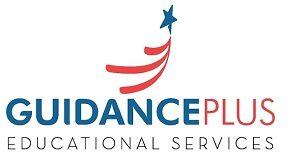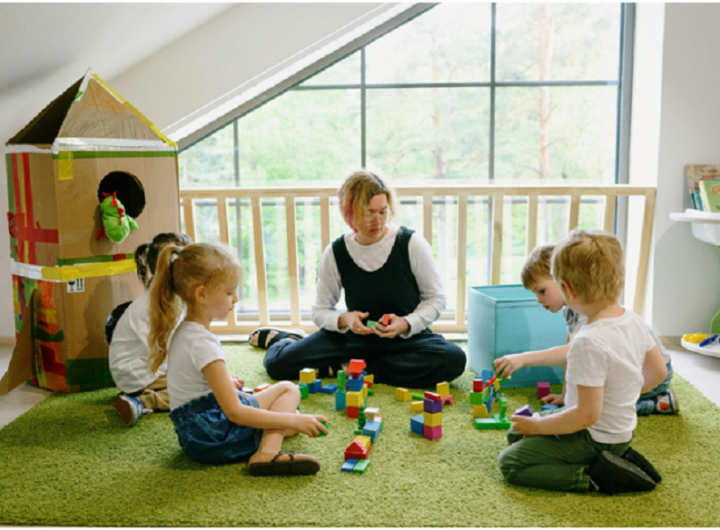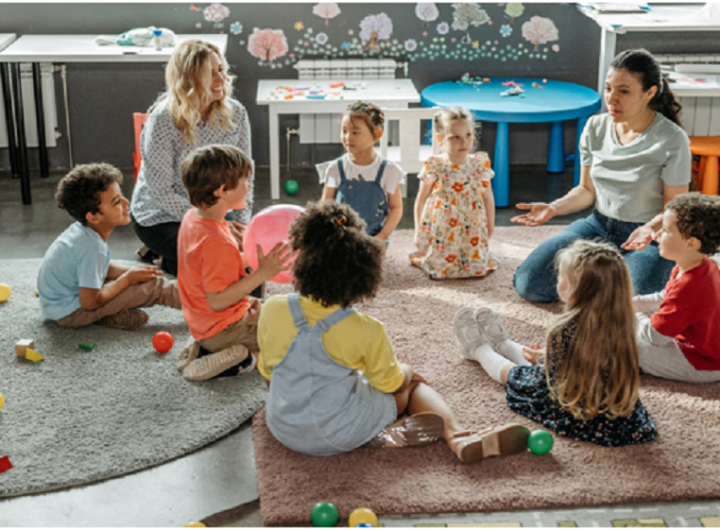
Today’s employers are looking for graduates with more than a degree—they want to see real, applicable skills that demonstrate your capability, knowledge, and drive.
We call these abilities career readiness skills. In this article, we’ll walk through four key examples of these skills, highlighting why they’re important and how you can improve them.
Critical Thinking
Critical thinking is all about analysing facts, observations, and evidence to make informed judgments. A person with strong critical thinking skills can make impactful decisions, manage problems and disputes, and communicate better with other people.
In the workplace, critical thinking skills open doors to:
- Objective understanding and problem-solving, reducing errors and ensuring efficient use of resources,
- Better leadership, where all perspectives and ideas hold equal weight,
- Proactive planning to identify potential problems before they occur,
- Effective communication between staff, managers, and stakeholders.
The best way to build critical thinking skills is to question everything you see and hear. Ask questions such as ‘how do I know this is true?’ and ‘who benefits from this information?’ to unlock deeper insights into any given topic.
Learning Agility
Learning agility describes a person’s ability to adapt to new situations, learn from experience, and apply knowledge to future challenges.
Having these skills in the workplace will allow you to adapt to changes such as new technologies or business strategy shifts, solve problems more creatively and flexibly, and stay resilient in the face of obstacles or bounce backs.
One powerful way to enhance your learning agility is to seek out new opportunities. In the classroom, this could involve joining a new project or taking a class outside of your field of expertise.
Interpersonal Skills
Interpersonal skills are all about your ability to interact with others to achieve a common goal. The following skills fall under this broad umbrella:
- Communication: the ability to convey information, thoughts, and ideas effectively, both verbally and non-verbally.
- Empathy: the ability to understand and share other people’s feelings and perspectives.
- Active listening: the ability to listen attentively to another person, identify what they are trying to convey, and provide appropriate feedback.
Employers seek out applicants with strong interpersonal skills because they foster productivity through effective communication and encourage positive working relationships.
You can build your interpersonal skills by engaging in group work with other students, showing a genuine interest in their ideas. Practice active listening wherever possible and observe successful interactions among other people.
Digital Literacy
Digital literacy allows individuals to find, assess, and communicate information through online platforms such as social media, search engines, email, forums, and meeting software.
With so much communication occurring digitally in today’s workplace—especially as we move towards hybrid and work-from-home setups—digital literacy skills are crucial. Employers value applicants who can perform digital tasks, such as sending files to clients via email, effectively and without error.
The best way to build digital literacy skills is through a hands-on approach. Experiment with new digital tools and programs as much as possible to build familiarity with the software and test your strengths.
Prepare for success
By developing these key career readiness skills, you’ll be ready to impress employers and secure your dream position after graduation.

 Create your professional network, best practices
Create your professional network, best practices  A shortage of skilled workers is looming by 2030
A shortage of skilled workers is looming by 2030  How School Budget Cuts Are Affecting SEND Students and Their Support
How School Budget Cuts Are Affecting SEND Students and Their Support  8 Master’s Degrees in Education Teachers Should Pursue for Career Advancement
8 Master’s Degrees in Education Teachers Should Pursue for Career Advancement  Effective Follow-Up Work Strategies for Montessori Teachers: Fostering Growth
Effective Follow-Up Work Strategies for Montessori Teachers: Fostering Growth  Top Strategies for Finding Students for Online Teaching Using Social Media in 2026
Top Strategies for Finding Students for Online Teaching Using Social Media in 2026